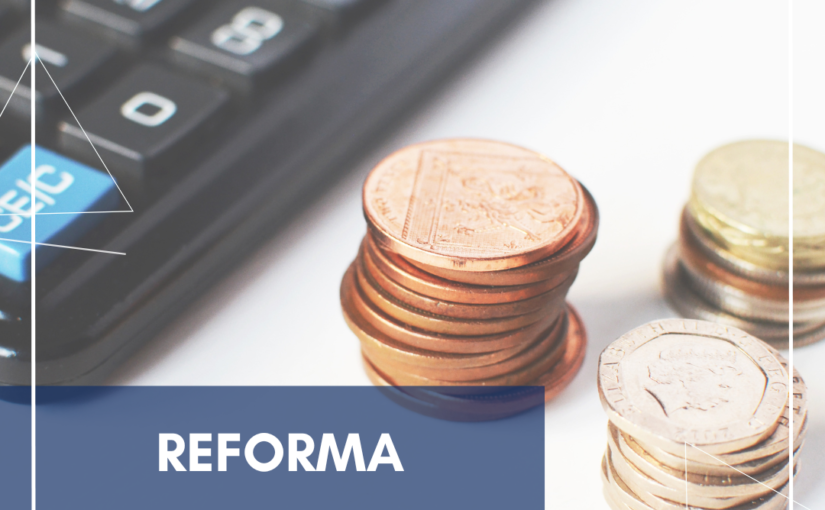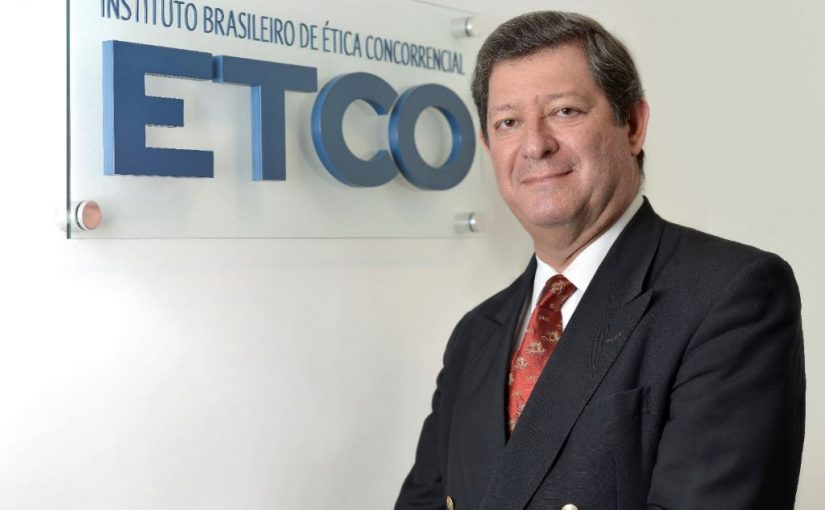Finally, we approved the tax reform, aiming to overcome old problems that affect our economic growth. We will move from an old system to a new one, starting the regulation and implementation of the general measures of Constitutional Amendment 132. The time has come to begin our journey — scheduled for ten years — towards the promised land in search of GDP growth, tax equity, neutrality fiscal, simplification, transparency, de-bureaucratization, modernization of taxes, redistribution of revenue between federative entities, reduction of tax evasion, collection at destination, changes in income tax, end of the cascade effect.
We begin a long journey, and the old and the new will coexist in the transition.
On this journey there will be a debate on dozens of complementary laws, detailing more than 70 points that must be regulated through government proposals to Parliament.
The definition of tax rates; who will pay and to whom; exceptions with lower rates; what will be the administration of the system and the interaction between the federative entities; the collection, inspection and distribution of taxes by the Management Committee that will be created; compensation mechanisms between states and municipalities; procedural standards and definition of selective tax are some of the important topics that will spark many disputes and generate great movement throughout society, with in-depth technical discussions in the legal, auditing and accounting sectors.
We will face the divergence between those who rightly defend the necessary balance of public accounts and those who do not agree with spending cuts, creating a conflict that will affect the size of the tax burden.
In the corporate environment, there will be conflicts between productive sectors to define which activities will be more or less burdened and how the criteria for the incidence of the Selective Tax will be established. And we still have to guarantee taxpayers' rights, reduce trillion-dollar tax litigation, combat tax evasion and the growth of the illegal market, issues that must necessarily be directly included in these debates.
Faced with so many matters that must be scrutinized, and knowing that “God or the devil are in the details”, the time has come to decide whether we will take advantage of or lose this historic opportunity to finally improve our tax system.
It certainly won't be a smooth crossing. We will have to part seas, face bad advisors and deep conflicts of interest, accept structural changes and so, without Moses to guide us, we have to move forward.
Get out of speech and take action. Our destiny depends on us getting the right direction and overcoming archaic structures that hinder our economic and social development. In truth, we need to move away from what Roberto Campos said: “Brazil does not miss the opportunity to miss an opportunity.”











